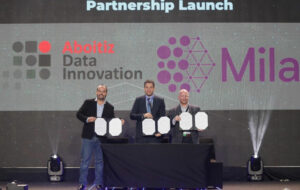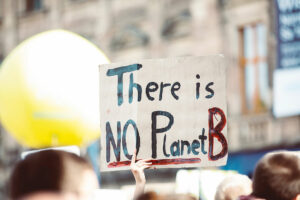Aboitiz firm and Canada-based research institute to develop AI solutions for energy sector

ABOITIZ Data Innovation Pte. Ltd. (ADI) has partnered with a research community in Canada to build artificial intelligence (AI) solutions for the energy sector.
“This partnership brings many new possibilities to the AI scene in the Philippines and the [Asia-Pacific] region,” ADI said in a media release on Wednesday.
The tie-up is with Mila – Quebec Artificial Intelligence Institute, which is headquartered in Montreal and engaged in developing solutions to fight climate change. The institute is said to be committed to pursuing “ethically valuable collaborations” through AI.
ADI said the partnership “aims to pave the way for other sectors and institutions to follow in adopting AI systems to transform businesses and advance communities by delivering sustainability outcomes.”
It quoted Yoshua Bengio, founder of Mila, as saying: “As an organization, few areas get us as excited as advancing Science that impacts our resilience facing climate change.
The focus in doing so via a decarbonized future is very high on that list.”
Mr. Bengio said Mila’s partnership with ADI will focus on providing a “climate-resilient” energy system for the country.
According to its website, Mila is mainly engaged in research areas like health, environment, climate change, and AI ethics.
Through the partnership, ADI will explore AI capabilities to advance research and further develop solutions to address the impact of climate change.
“Both parties hope to help the Philippines reach net zero and to implement more AI-backed climate change solutions in the Asia-Pacific region,” ADI said.
Luis F. Gonzalez, chief operating officer of ADI, said: “The Philippines encompasses a unique combination of challenges prevalent in the energy industry, including significant climate change impact, ambitious decarbonization goals, rapid [growth domestic product] growth, and naturally distributed power grids.”
Mr. Gonzales said these factors are an ideal opportunity for developing solutions tailored for the Philippines, which is considered to be among the most vulnerable countries to be hit by climate change.
The Department of Environment and Natural Resources said the Philippines had committed to an estimated greenhouse gas emissions reduction and avoidance of 75%, of which 2.71% is unconditional, for the period 2020 to 2030 for these sectors: agriculture, wastes, industry, transport, and energy. — Ashley Erika O. Jose




